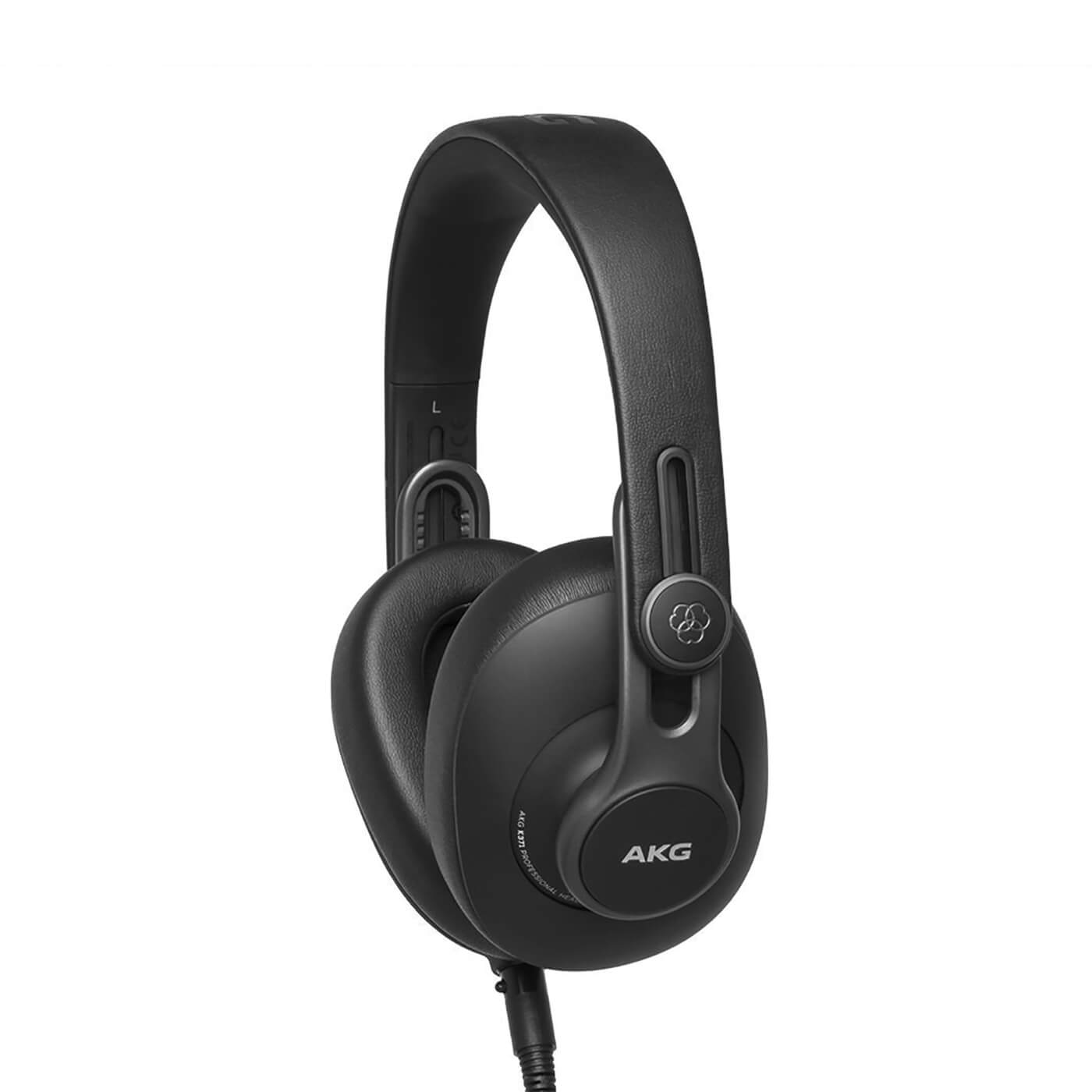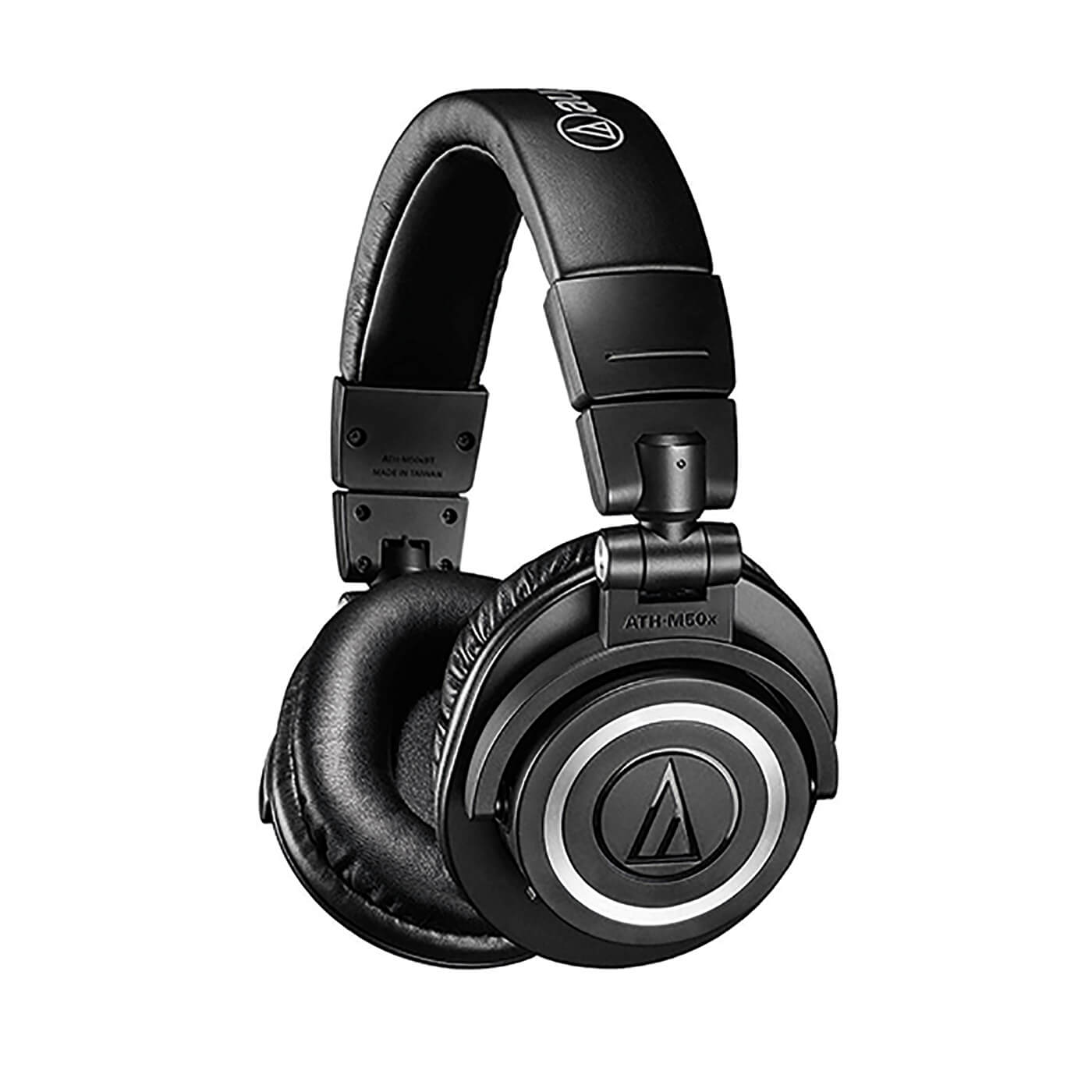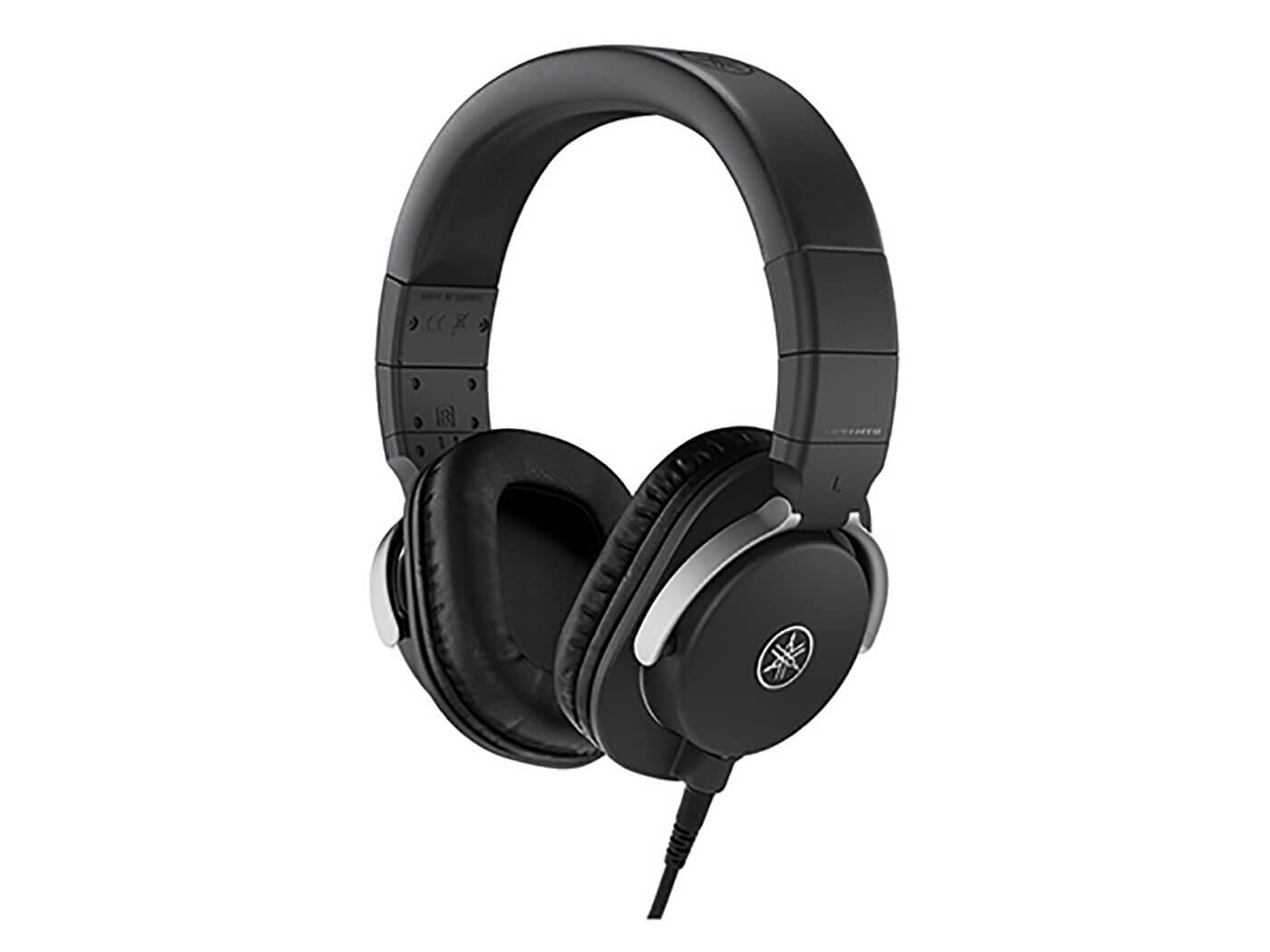Review: AKG K371 Headphones
We’ve tested some very expensive headphones from AKG in the past, but the new K371s look like great value for money. Are they worth monitoring with?


Price £139
Contact AKG
Professional headphones that are suitable for mixing can be fiercely expensive. AKG‘s very own flagship, the K872, which I reviewed back in 2017, cost well over a grand, which is easily as much as a decent set of monitors. These latest in the AKG K-series, though, are at the other end of the scale, price-wise.
Oh k AKG
The new K371s cost less, but they do boast some pretty impressive specs for headphones of this price, not least a frequency response well beyond the hearing of humans (and most dogs). Having a frequency response that’s wider than the range of human hearing has two benefits. Firstly, it means that the audible band is more likely to be flat, instead of rolling off at the limits of our hearing.
Secondly – and this is contested – high and low frequencies outside of our hearing range do apparently impact on those within the audible spectrum, so the bigger this range the better. The K371s have also been designed to match AKG’s Reference Response Curve, the result of a five-year study gleaning data from hundreds of testers to find their ‘ideal preferences for listening in a critical manner’.
The resulting curve ensures top accuracy in the response of any device that matches it, apparently, and of course, as with monitors, we want our headphones to be as accurate as possible, so that they tell us the truth about our mixes. AKG’s K872s were brutally honest to me about my mixes, almost rudely so. I’m hoping the 371s will be honest, but perhaps a little more gentle with me.
Comfort v accuracy
First up, these cans are both lightweight and very comfortable. They offer a fair degree of isolation, owing to their closed-back design that will keep your mix inside for your perusal, and hopefully not leak it out for everyone else’s annoyance. The larger 50mm drivers easily cover my somewhat larger ears, and while there’s no hard case (not to be fully expected at this price), there’s a nice pouch and ample cord-age, with both coiled and straight versions included. The only slight annoyance is how the cables connect to the headphones – you have to make sure you line up a straight connector. Don’t get too excited and try and force it, as I did.
Sound-wise they are terrific though, offering familiar closed-back accuracy and detail, and a joined-up response with nothing too pronounced. Bass is tight, punchy and uncoloured while still being able to find the bass-heavy faults that their more expensive siblings so rudely highlighted in some of my older mixes.
I still prefer open-back headphones compared to closed and would love to compare these to their open equivalents. But as it stands, these do deliver the accuracy that AKG’s Reference Response Curve promised, although not the exacting and (potentially) harsh accuracy of the 87-series. If you want the absolute truth then they will deliver, but more as a polite nudging, and with a little bounce for more joyful sessions. All this, combined with a great price, makes these hard to beat.
Key features
- Closed-back, over-ear headphones
- 50mm dynamic, titanium-coated; pure OFC voice coil drivers
- Sensitivity: 114dB SPL/V
- Rated Impedance: 32 Ohms
- Frequency range: 5Hz to 40kHz
- Adapter: 3.5mm (1/8″) to 6.5mm (1/4″)
- Cable: Coiled 3m, straight 3m, straight
- Connector type: Mini-XLR
- Weight (g): 255
Alternatives

For a bit more cash, you can get these AT over-ear design headphones that also offer Bluetooth. You’ll not want them for recording, because of latency, but they do make great mixing and monitoring phones for the money.

The MT range from Yamaha is comparable in price to the AKG K range and these are the best that it offers, featuring an extended bass (these go down to 15Hz), good sensitivity and low impedance. They sound pretty darn good too.